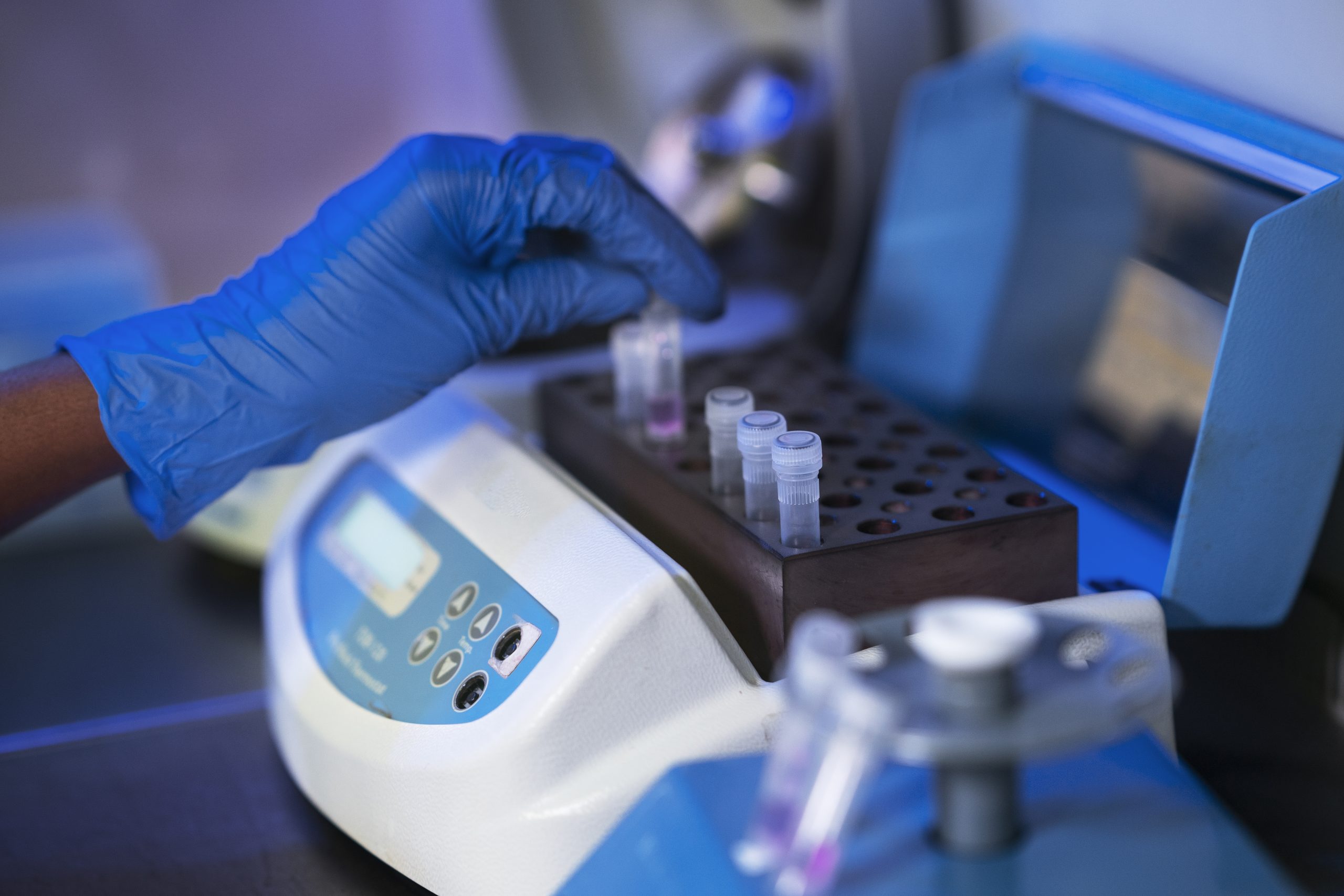Introduction:
As parents, ensuring the health and well-being of our children is a top priority. From monitoring their growth and development to addressing any health concerns, we strive to provide the best possible care. In this endeavor, understanding the significance of diagnostic tests such as the Basic Metabolic Panel (BMP) becomes crucial. BMP testing offers valuable insights into various metabolic parameters, aiding in the early detection and management of potential health issues. This article aims to shed light on the importance of BMP test for parents, highlighting its role in safeguarding the health and vitality of their children.
Understanding BMP Testing:
BMP testing is a diagnostic tool used to assess key metabolic parameters in the body. It involves measuring electrolytes, glucose, markers of kidney function, and indicators of acid-base balance. These parameters provide valuable information about the body’s metabolic status and functioning, offering insights into overall health and well-being.
- Electrolytes:
Electrolytes, such as sodium, potassium, and chloride, play vital roles in various physiological processes, including nerve transmission and muscle function. Imbalances in electrolyte levels can have significant implications for health, affecting hydration status, cardiac function, and overall well-being. BMP testing helps identify electrolyte imbalances early, allowing for prompt intervention and management.
- Glucose:
Glucose is the primary source of energy for the body and is essential for maintaining normal physiological function. Abnormalities in glucose levels, such as high or low blood sugar levels, can indicate underlying metabolic disorders such as diabetes. BMP testing includes measurements of fasting glucose levels, providing valuable information about glycemic control and the risk of diabetes.
- Markers of Kidney Function:
Markers of kidney function, such as blood urea nitrogen (BUN) and creatinine, offer insights into the health and functioning of the kidneys. The kidneys play a crucial role in filtering waste products from the blood, regulating fluid and electrolyte balance, and producing hormones. BMP testing helps detect early signs of kidney dysfunction, enabling timely intervention to preserve kidney health.
- Indicators of Acid-Base Balance:
BMP testing also includes measurements of calcium and bicarbonate levels, which provide additional insights into metabolic health. Calcium is essential for bone health, muscle function, and nerve transmission, while bicarbonate helps maintain acid-base balance within the body. Abnormalities in these parameters can indicate underlying metabolic imbalances and health issues.
Importance of BMP Testing for Parents:
- Early Detection of Health Issues:
BMP testing plays a crucial role in the early detection of potential health issues in children. By assessing key metabolic parameters, BMP testing can identify abnormalities before they manifest as symptoms, allowing for early intervention and management. For example, abnormalities in glucose levels may indicate the risk of diabetes, while imbalances in electrolyte levels may signal dehydration or other health concerns.
- Monitoring Growth and Development:
Regular BMP testing helps parents monitor their child’s growth and development more effectively. By tracking changes in metabolic parameters over time, parents can assess their child’s overall health status and identify any deviations from the norm. This proactive approach enables parents to address any concerns promptly and ensure their child’s continued growth and development.
- Managing Chronic Conditions:
For children with chronic health conditions such as diabetes or kidney disease, BMP testing is essential for ongoing management and monitoring. By regularly assessing metabolic parameters, parents and healthcare providers can track disease progression, adjust treatment plans as needed, and optimize the child’s health outcomes. BMP testing empowers parents to take an active role in managing their child’s chronic condition and ensuring the best possible quality of life.
- Preventing Complications:
Early detection and management of metabolic imbalances through BMP testing can help prevent complications and adverse health outcomes in children. For example, identifying and addressing electrolyte imbalances promptly can prevent dehydration, electrolyte disturbances, and other complications. Similarly, monitoring glucose levels in children at risk of diabetes can help prevent long-term complications such as cardiovascular disease and nerve damage.
- Personalized Healthcare:
BMP testing enables personalized healthcare for children by tailoring treatment plans to their individual metabolic profiles. By analyzing metabolic parameters, healthcare providers can develop customized treatment plans that address the unique needs of each child. This personalized approach ensures that children receive the most effective and appropriate care for their specific health concerns.
Conclusion:
In conclusion, BMP testing is a valuable tool for parents in safeguarding the health and well-being of their children. By providing insights into key metabolic parameters, BMP testing enables early detection and management of potential health issues, monitoring growth and development, managing chronic conditions, preventing complications, and delivering personalized healthcare. As parents, being proactive about BMP testing can help ensure the best possible outcomes for our children, promoting their health, vitality, and overall well-being.




